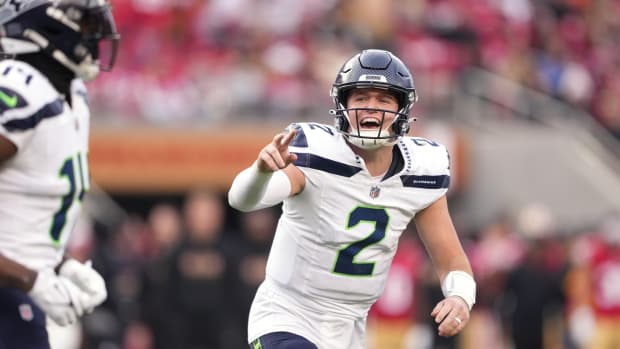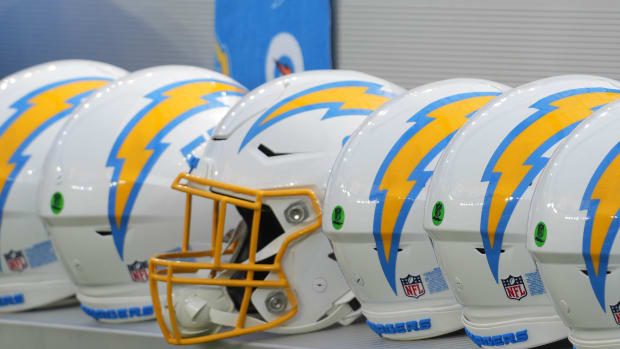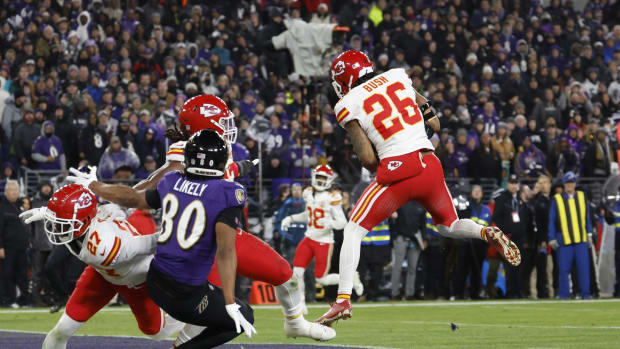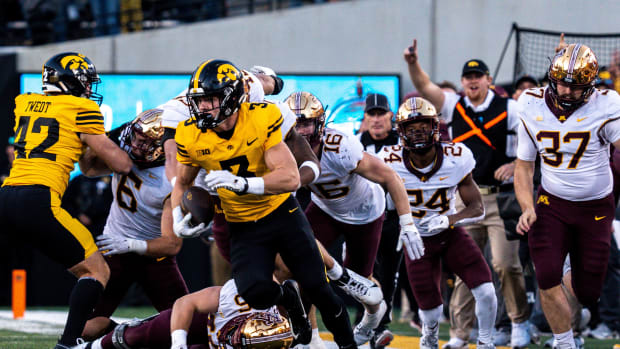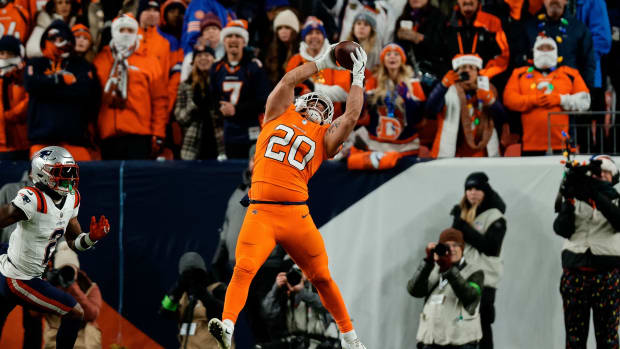Hernandez's arrest a sad chapter in a checkered history
Aaron Hernandez may or may not be a murderer, an accomplice to murder or a man covering for his murderous friends. We have a legal system to sort that out, and Hernandez has a right to wade through it. On Wednesday the Patriots released their Pro Bowl tight end after he was arrested at his home and later charged with murder.
Whatever Hernandez did, we know what he did not do: Start a fresh life when he hit it big.
That always seems easier than it is. Athletes sign multimillion-dollar contracts, and we say they are "set for life." Nobody is set for life. You might have enough money to last the rest of your life. But you still have to figure out how to live. Hernandez apparently never did.
It is hard to understand how a man in Hernandez's position could be connected in any way to the murder of Odin Lloyd. Hernandez is young, rich and famous. He should be able to walk away from any conflict and into his massive house not far from the Patriots' practice facility, and work out, and eat expensive food, and raise his infant daughter, and do whatever the heck he wants to do in his spare time, except be connected to a murder. This strikes me as a fairly simple exception. But another acquaintance accused Hernandez, in a civil suit, of shooting him in the face in February. That apparently did not scare Hernandez into learning how to live, either.
There are so many details of the Lloyd case that haven't come out yet -- accusations and motives and defenses we haven't heard. We can't and shouldn't convict Hernandez today. But good luck defending him.
You can take the boy off the streets, but you can't keep him from going back. Stories about Hernandez's downfall will inevitably focus on his "friends," or "the wrong crowd," as these stories do. That implies that the friends are the bad guys, and Hernandez was caught in their web and couldn't get out.
Well, who is to say? Maybe Hernandez is the wrong crowd, as much as his friends are. Maybe a guy who doesn't learn from allegedly shooting a guy in the face has some serious problems with reality.
Hernandez should have changed. But when? Should he have started life over when he bailed on his commitment to his home-state school, the University of Connecticut, where his brother D.J. was a quarterback, and went to the University of Florida instead? Should he have instantly matured when he had a chance to be a first-round NFL draft pick, instead of reportedly failing several marijuana tests leading up to the draft?
Surely, he should have changed when he signed a seven-year, $41 million contract last August. This is what he told reporters then:
"This is probably one of the best days of my life. I'll remember this day forever. I just hope I keep going, doing the right things, making the right decisions so I can have a good life, and be there to live a good life with my family."
That day, Hernandez wrote a $50,000 check to the Myra Kraft Giving Back Fund, named after Patriots owner Robert Kraft's late wife. The fund helps support young people who give back to their community, along with Boys & Girls Clubs. It was a generous donation by Hernandez, and I suppose we can read it as a sign that he wanted to be a better man.
BURKE: What Hernandez's release means for Patriots
Writing a $50,000 check is easy when you have just signed a $41 million contract. Admirable, but easy. Seamlessly stepping into a different culture, that's hard. Becoming a different man is harder. Hernandez is not just an NFL player; he is a star, with a chance to live a star's life. Theoretically, his biggest problem should be whether the Patriots have too many tight ends. Now he has much bigger problems.
Before he was an NFL star, though, Hernandez was a star in his own social circle, and it's a circle he never left. My SI colleagues Pete Thamel and Greg Bedard reported on Hernandez's questionable background last week. "The marijuana use and gang concerns worried some NFL teams immensely," they wrote. NFL general managers do not make moral judgments. They make calculated choices. And they know, from decades of experience, that a lot of athletes can't make the jump to a pro lifestyle, because they don't want to make the jump. They want to take their lifestyle to the pros.
Hernandez grew up in Bristol, Conn., which is, of course, the headquarters for ESPN. There are roughly 60,000 residents of Bristol, and the ESPN presence is everywhere. To a kid from Bristol, ESPN is both an international giant and a local company. Hernandez made the leap to the international giant. But he didn't leave home.
































